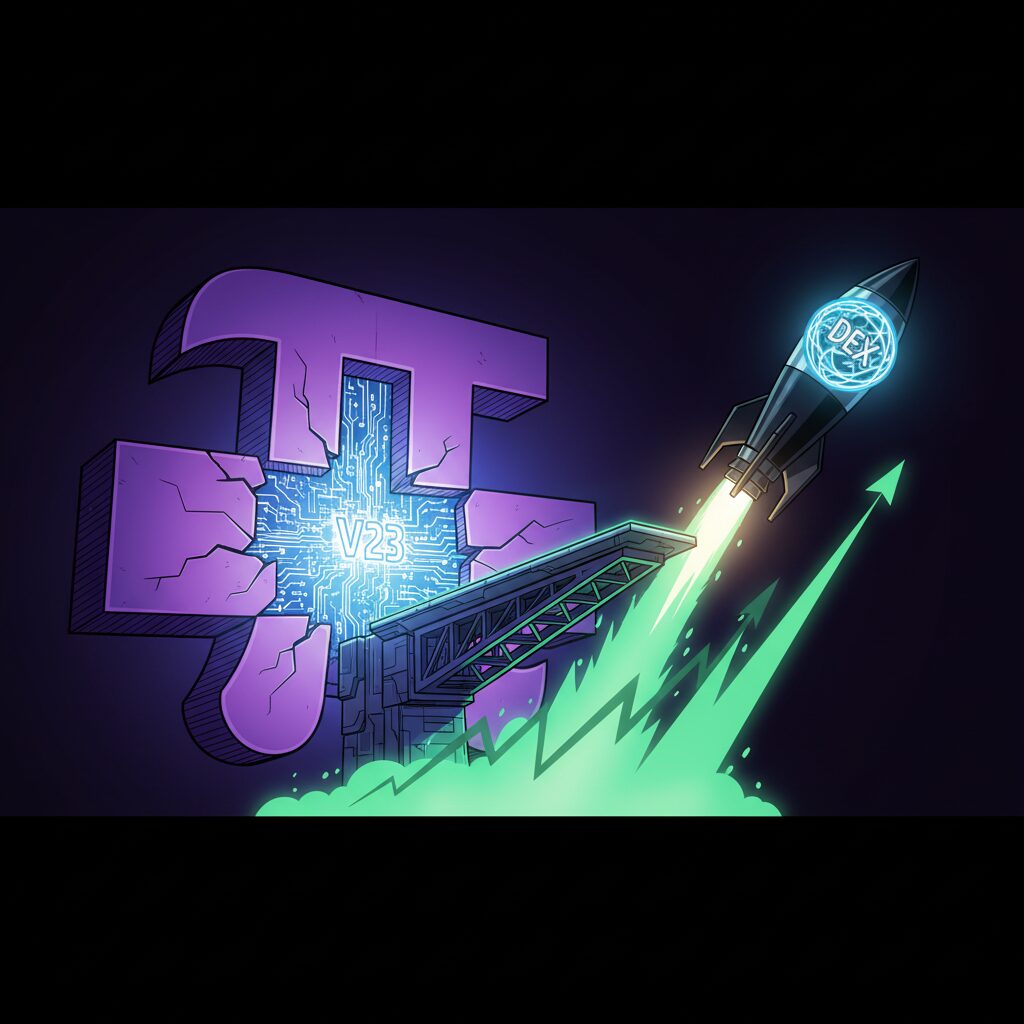XRP Ledger Activates Native Smart Contracts on Test Network, Paving Way for DeFi Expansion

The XRP Ledger (XRPL) has officially launched native smart contract capabilities on its AlphaNet, a dedicated test network. This development marks a significant step toward enhancing the ledger’s functionality and expanding its role in the Decentralized Finance (DeFi) ecosystem.
A New Era for XRPL Development
The introduction of Layer 1 smart contracts, known as “Hooks,” allows developers to build and test complex applications directly on the XRP Ledger for the first time. Unlike solutions that rely on secondary layers or sidechains, integrating this functionality at the core protocol level is designed to offer greater efficiency, security, and lower transaction costs.
Smart contracts are self-executing programs that automatically enforce the terms of an agreement, removing the need for intermediaries. By enabling them natively, the XRPL aims to support a new wave of development, including sophisticated decentralized exchanges, lending protocols, and other financial instruments.
What This Means for the Future
While the feature is currently confined to the AlphaNet for testing and refinement, its successful implementation is a crucial milestone. The testing phase allows the community and developers to experiment with the new tools and provide valuable feedback before a potential rollout on the main network.
This move positions the XRP Ledger to compete more directly with other established smart contract platforms. The project’s goal is to create a robust environment for developers to build powerful DeFi applications that leverage the ledger’s recognized speed and scalability.








